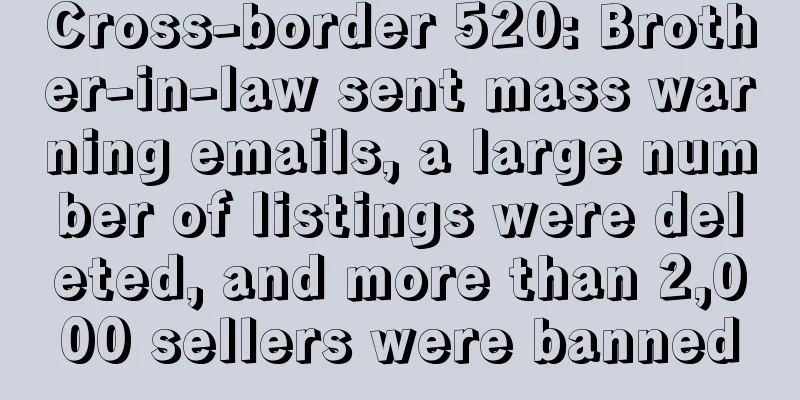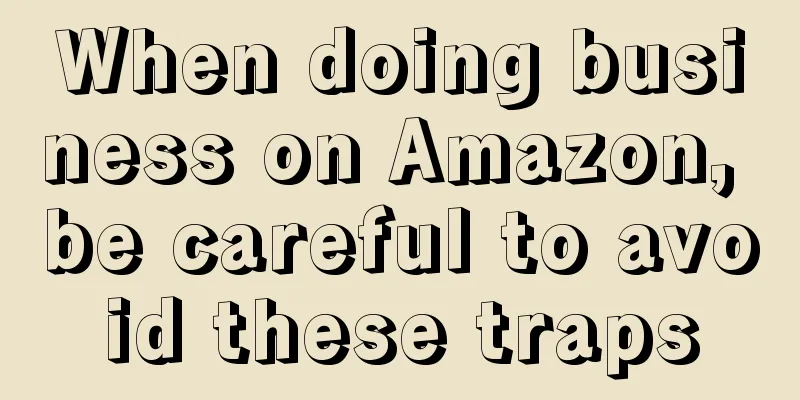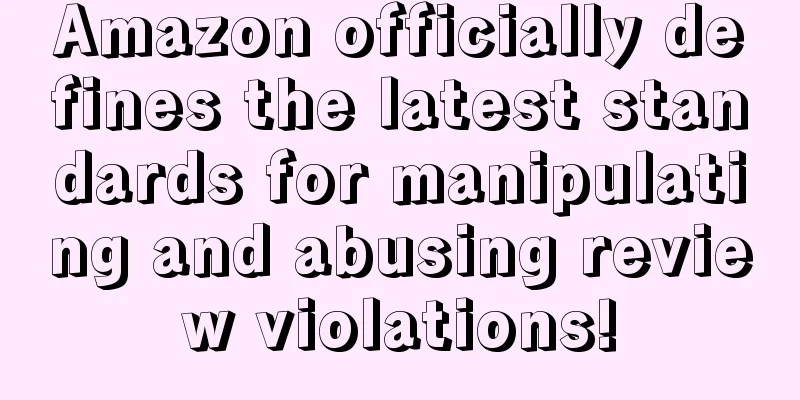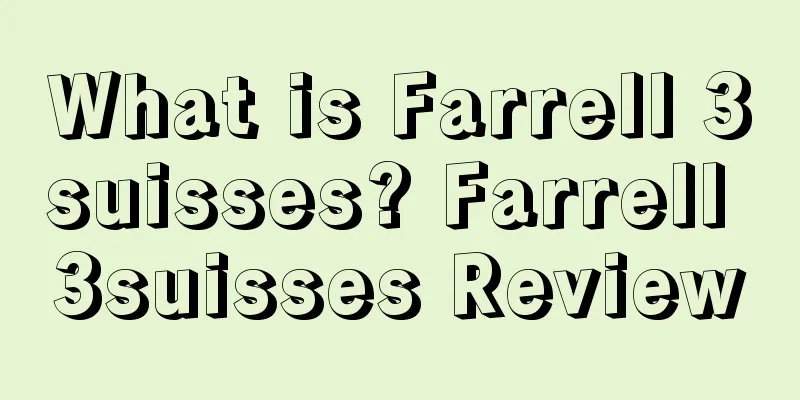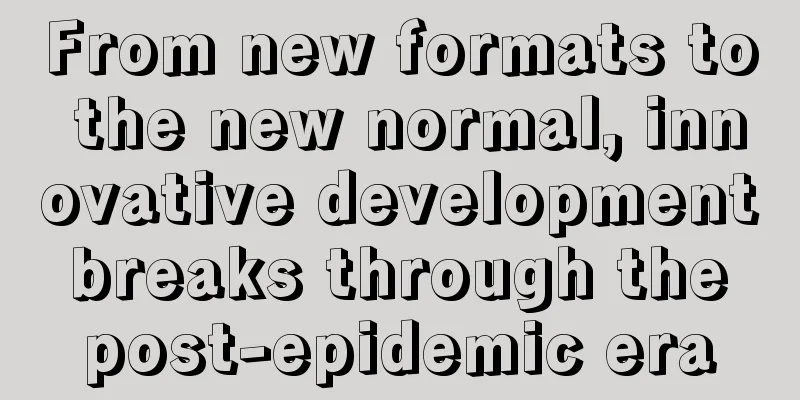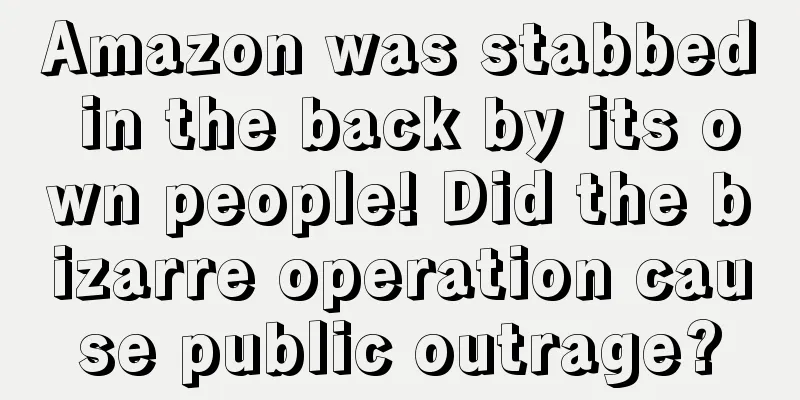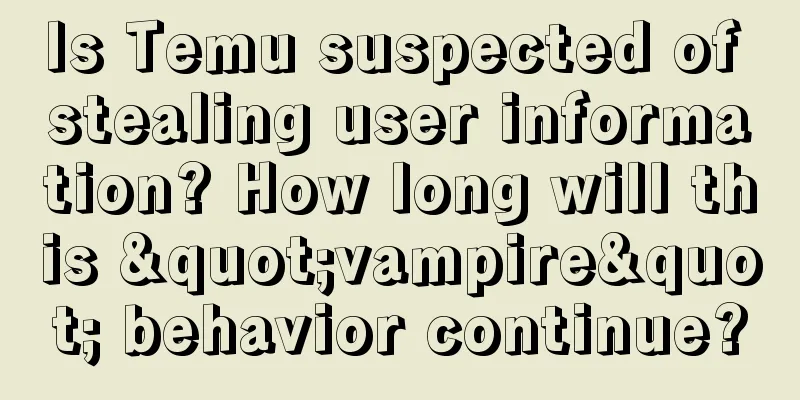Google officially opens Bard public beta, starting with the UK and the US
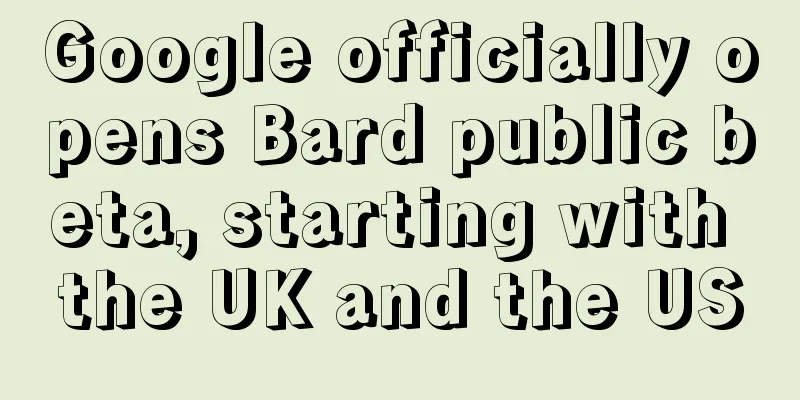
|
It is learned that on March 21, Google announced the official opening of the public beta of Bard, its ChatGPT competitor. It will first be launched for users in the United States and the United Kingdom, and will also be open to users in other countries as the test progresses.
Google said that users in the UK and the US can now queue up at bard.google.com, and test spots will be released gradually. In addition, the initial version will only respond to texts.
When asked about the difference between Bard and Microsoft's new version of Bing, Google pointed out that the usage patterns and functions of the two are basically the same, and Bard also provides users with a separate chat interface to respond to users' text content.
The difference is that Google's Bard is more of a supplement to its search engine rather than a complete replacement. Bard calls itself "your creative collaborator."
Demonstrating the website bard.google.com, Krawczyk, Google’s senior product director, showed how the program could generate blocks of text instantly, unlike ChatGPT, which requires you to type in answers word by word.
Bard also includes a feature that displays three different versions or "drafts" of any given answer, and users can select any of them and click a "Google it" button if they want to see relevant search engine results.
Unlike ChatGPT, Bard is not proficient at generating computer code, according to a Google press release. Google also said it has limited Bard's memory of historical chat content and that it has no plans to introduce advertising for Bard.
So far, Google has been more cautious in promoting its conversational AI products to users, in contrast to Microsoft.
Google has been highlighting the potential for inaccuracies in Bard's responses, which were accompanied by error messages in the text of Bard's responses. Last month, a promotional video showed Bard answering a question incorrectly, causing Alphabet's market value to shrink by $100 billion.
In addition, Google has introduced a thumbs up or thumbs down button in Bard, which allows users to click thumbs down when they are dissatisfied with the content of Bard's reply or even when there is an obvious error. Google emphasized: "We know the limitations of this technology, so we want to be very cautious when rolling it out."
Editor✎ Ashley/ Disclaimer: This article is copyrighted and may not be reproduced without permission. |
Recommend
Biden signs bill banning imports from Xinjiang, China
It is learned that according to Reuters, US Presid...
What is Dsm Tool? Dsm Tool Review
Dsm Tool is designed to simplify the process of li...
More than 60 injuries were caused! Nearly 180,000 products were recalled!
<span data-shimo-docs="[[20,"获悉,据外媒报道,近日美国...
Don’t know how to get Amazon reviews? Here is the most comprehensive list of off-site promotion websites
The importance of reviews on the Amazon platform i...
What is Zhanhong Supply Chain Logistics? Zhanhong Supply Chain Logistics Review
Yiwu Zhanhong Supply Chain Management Co., Ltd. is...
Collective panic? Amazon sends another warning letter...
The peak season is getting closer and closer. Alth...
Tik Tok has been "banned" by many countries one after another. Will sellers be affected?
In the past two days, words such as "ByteDanc...
Note: The new version of the 2023 Listing Self-Test Form is released. If your score is below 80, please make adjustments immediately!
Sellers, please take note! Just now, the 2023 vers...
What is Diandong? Diandong Review
Xiamen Diantong Mdt Infotech Ltd. was established ...
I have been working at Amazon for two and a half years. It is not easy to survive.
At the end of 2017, I don’t know where I got the ...
Sales in the first quarter increased by 48%! The lipstick consumption craze in the United States is back
It is learned that according to the latest researc...
Amazon surges! Breaks historical record again
Let’s start today’s main text. ◆ ◆ ◆ ◆ Over the p...
What is Fanpagelist? Fanpagelist Review
Fanpagelist can help users find the number of foll...
What is Amazon Listing Quality Score? Amazon Listing Quality Score Evaluation
Listing quality score is an important basis for Am...
What is Octopus Cross-border E-commerce Logistics? Octopus Cross-border E-commerce Logistics Review
Octopus Cross-border E-commerce Logistics is an in...
